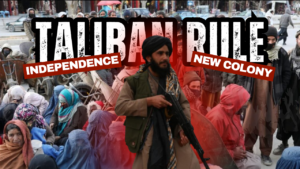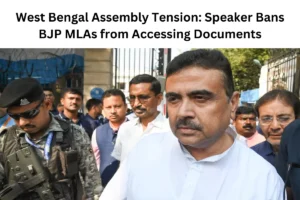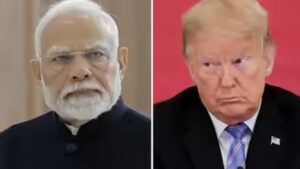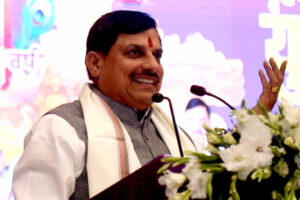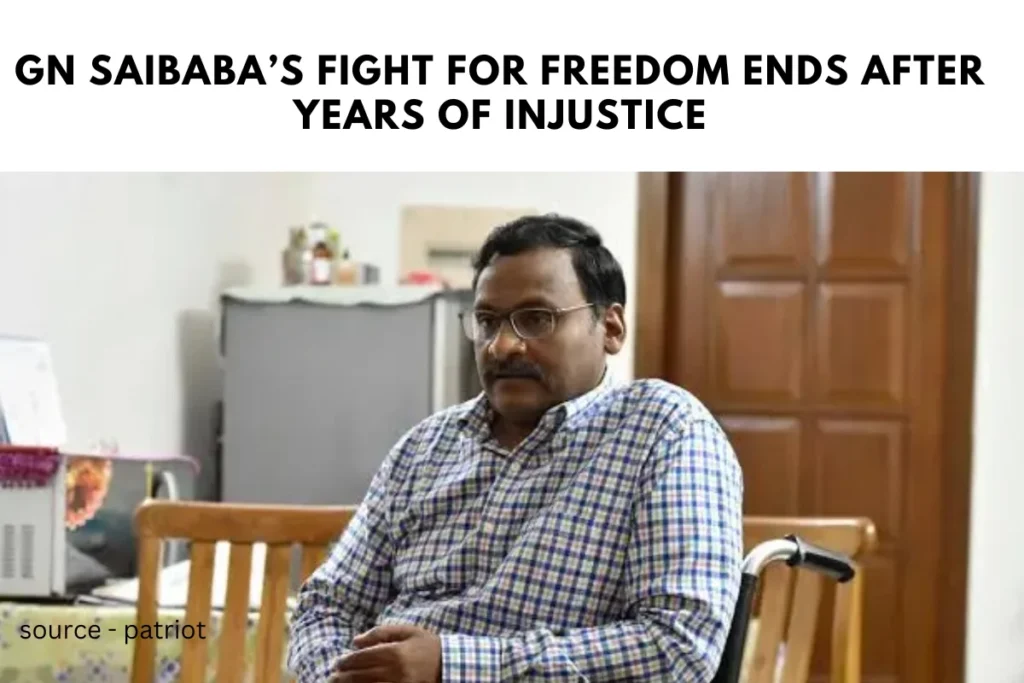
GN Saibaba, a brilliant academic and passionate human rights activist, spent over a decade in prison under the draconian Unlawful Activities (Prevention) Act (UAPA). His activism angered the authorities, leading to his unjust imprisonment on fabricated charges. Despite being acquitted twice, his freedom came too late. Saibaba, 57, passed away on October 12 due to complications after gallbladder surgery.
Years of Injustice
In March 2024, the Bombay High Court acquitted GN Saibaba and five others, ruling there was no evidence to support the accusations of Maoist links. Yet, Saibaba had already endured over 10 years as an undertrial prisoner, suffering immensely both physically and emotionally. The UAPA’s stringent provisions kept him behind bars, reversing the principles of “innocent until proven guilty” and “bail is the rule,” trapping activists like him.
Physical Deterioration
GN Saibaba, who had 90% disability and relied on a wheelchair, faced deteriorating health during his imprisonment. In his prison memoir, “Why Do You Fear My Way So Much?”, he described the relentless pain he endured. His heart, kidneys, and gallbladder all suffered, while his vocal cords became so damaged that he could barely speak. Despite these conditions, courts repeatedly rejected his bail pleas, even denying him parole to attend his mother’s funeral.
In an emotional public address after his release, Saibaba broke down as he spoke about the pain of not being able to see his mother one last time. “I couldn’t meet my mother before her death because they denied me parole. This is a denial of basic human rights,” he said. While those with political connections often receive parole easily, Saibaba was denied this right for a so-called “thought crime.”
Acquitted Twice
Saibaba’s fight for justice saw him acquitted twice. In October 2022, the Bombay High Court discharged him, citing a lack of valid UAPA sanction. However, the Supreme Court quickly stayed his release, raising questions about the rush to keep him imprisoned. Eventually, the High Court acquitted Saibaba again on merit, finding the evidence against him completely lacking.
The Court revealed that the supposed evidence seized from his home in Delhi was questionable. Police used an illiterate witness for the seizure, despite being on a university campus full of educated individuals. The High Court expressed doubt over the credibility of the prosecution’s claims, emphasizing that the UAPA could not be used to charge someone merely for possessing materials on Communist or Naxal ideologies.
A Legacy of Struggle
Despite being acquitted, the prosecution sought to appeal to the Supreme Court, but the Court refused to stay the High Court’s decision, pointing out that Saibaba had already been acquitted twice. Sadly, the years in prison had already taken their toll on him and another co-accused, Pandu Pora Narote, who passed away in 2022 before his name could be cleared.
Saibaba’s death evokes memories of Father Stan Swamy, another activist who died while imprisoned under UAPA. These cases highlight how the UAPA’s process can itself be a form of punishment, trapping individuals without trial for years.
Time for Reform
The misuse of the UAPA calls for urgent reform. As former Supreme Court Justice Aftab Alam noted, the law has failed both in protecting constitutional freedoms and ensuring national security. Innocent lives are shattered as activists and dissidents suffer long imprisonments without trial.
The State must take responsibility for these injustices. Courts should go beyond acquitting the wrongly accused and consider compensating them for their lost liberty. Rehabilitation programs are necessary to help UAPA victims rebuild their lives. Without meaningful changes, the promise of personal liberty in the Constitution will remain hollow.
The Supreme Court recently observed that in cases of “clean acquittal,” where individuals spent years in jail without a trial, a claim for compensation might arise. This is a necessary step to ensure that the rights of the accused are protected.
Saibaba’s death is a wake-up call. His struggle should inspire efforts to prevent the misuse of laws against those who dare to dissent. As Saibaba himself said, “I don’t believe in sympathy, only solidarity. My story is also your story. My freedom is your freedom.”
for more updates follow ANN MEDIA on facebook , X , Instagram and Linkedin


